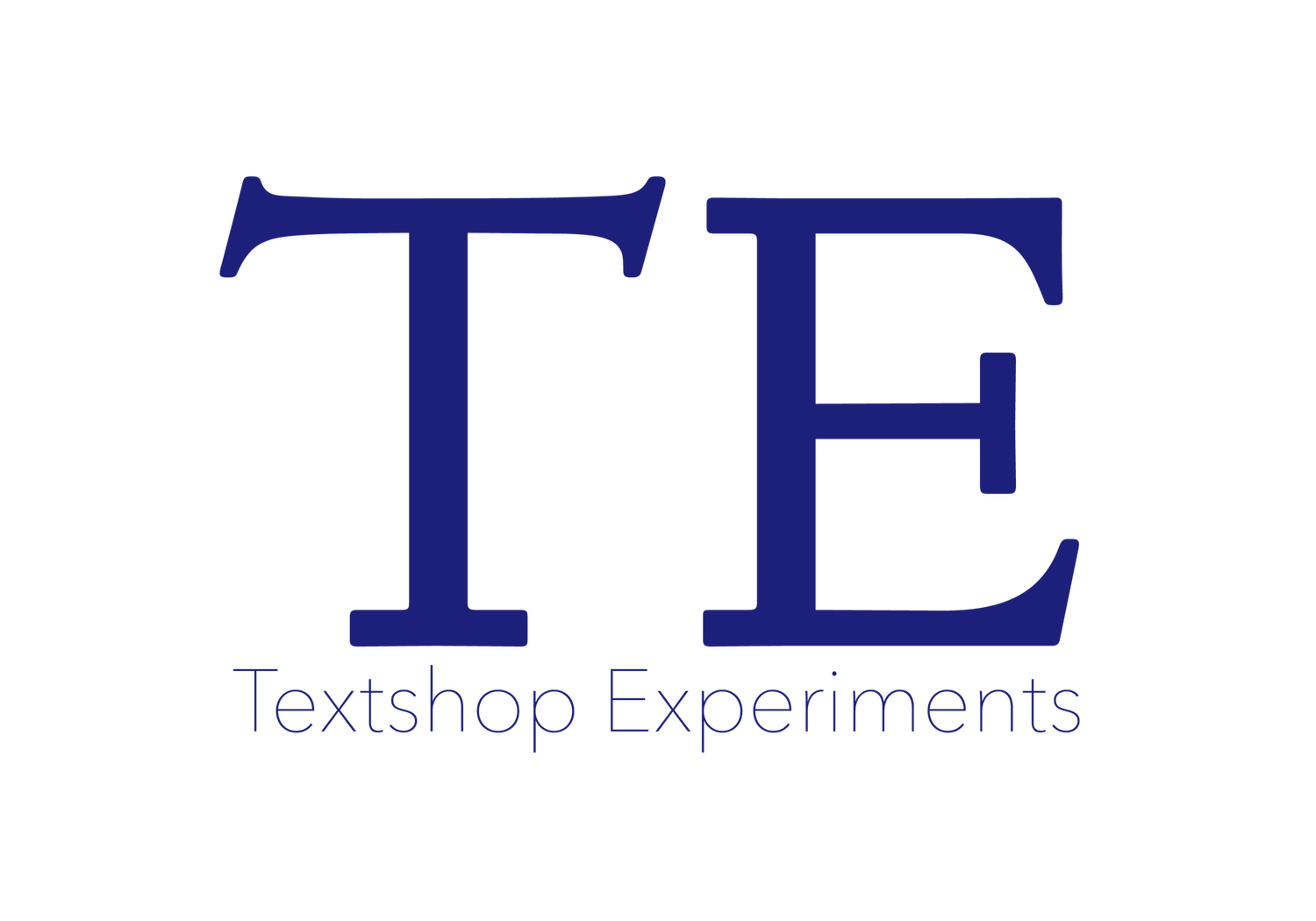DAMAGE/CONTROL: 7 Image-Oriented Poems
Daniel Uncapher
Daniel Uncapher is a PhD in Creative Writing student at the University of Utah whose work has appeared in Chicago Quarterly Review, Tin House Online, The Carolina Quarterly, Penn Review, and others, including on their Instagram at @ds_chapman. A disabled bisexual from North Mississippi, they were a 2018-2019 Sparks Fellow at the University of Notre Dame, where they receive their MFA in prose. For a full list of publications, popular and academic, please visit http://www.danieluncapher.com/.
* * *
WAR_ZONE
TEXT_FREE
OR_NOT
NO_LESS
LO_PHI
DEAD_END
CLEAN_START
Statement
I developed my style of image-oriented poetry after seeing Madison McCartha’s augmented-reality text, “FREAKPHONE WORLD” at the 2018 &Now Festival. Similarly frustrated by the limitations of horizontal plaintext, which was a poetry I did not understand, I wanted to compose at both a more granular and a more holistic level, controlling the placement, color, and distortions to create something closer to the actual voice of my internal thoughts.
The most natural environment for this kind of hands-on visual production wasn’t paper or my computer but my phone, facilitating an intuitive manipulation of movement and color, like finger-painting in light. I use a number of apps to achieve my needs, and there’s no meaningful difference between elements of the resulting visual field; text is legible as form and form is legible as text, and illegibility is legible as process.
I use blending, layering, filtering, cut-up, collage, erasure, and other known techniques to imitate the material properties of water and glass, exploring the simultaneity of lived experience. Like water, I try to soak and saturate each poem, drenching them with content until the information itself starts to transform. Like glass, I try to embed multiple simultaneous visual planes into a single field, creating parallel readings of parallel worlds, like looking into someone’s window: you see the room on the other side, the pane itself, and yourself in the street looking back at you.
My source material comes from my personal world and from the Internet, re-purposing, corrupting, and distorting meme culture, social media, and advertising/branding to first acknowledge and then to abandon the escalating excesses of visual and textual information under capitalism. Each poem is the result of an iterative process of organic discovery, the productive sibling of “playing on your phone,” and a medium of intimate expression—bright, noisy spaces, visible both in a glance and in close reading, where I explore my own relationships with whiteness, queerness, and the Anthropocene, open to interpretation and subject to change.
And, like a lot of art, I’m more interested in posing questions than answering them.
WAR_ZONE incorporates the view of the Port of LA from a viewing machine atop the oil town of Signal Hill with memes driven by narratives of toxic masculinity and a kind of baby-boomer naivete to the theory that dominates capitalism—is that a lightning storm, or varicose veins? Why does Zizek keep sniffing?
TEXT_FREE maps interstate commerce across a visual field in which a legible imperative is made illegible via repetition and then legible again via pattern recognition. The playlist art asks: what is the experience of a song—does it differ from an image, a narrative? How many locations on how many maps does it take to satisfy a certain kind of craving, the deconstructed capital of place?
OR_NOT features the fortuitous arrangement of magazines, for display only, on a foot table in the window of a furniture store, which recently moved. Buried under the overt messaging is Sarah’s original answer to happiness: sosig. What does aesthetic departure look like today? What are the aesthetics of departure in a dying world? The idea of departure seems difficult; arrival seems almost impossible.
NO_LESS, an existential lament over the state of February. A lot happened in February. I got a new iPhone XR, doubling the canvas for my poetry. Over 18 trillion gallons of rain fell on California. Trump declared a national emergency to build a border wall. And I ate bad BBQ my friend Lydia Roberts, an M.A. student at UCLA, who introduced me to the emotional outbursts of Boris Pasternak.
LO_PHI introduces the body: body-as-image, body-as-object, body-of-work, the digital body, digital exploitation, digital (in double meaning) exploration of the body-as-self. Millennial references and meme theory construct an incoherent corruption of nostalgia, something deeply confused: by its sexuality, by its message, by its sincerity, by its irony. What does that face mean—who is it looking at? Why is my partner tucking their shirt into their panties?
DEAD_END collapses the evocative grammar of branching video-game dialogue trees to express the unbridled fear and complete psychological paralysis in the face of the finality of climate change the 6th Great Extinction event. Is there hope in the conflation of words with worlds, of worlds within words within worlds, or is language an exercise in futility? Where are we? How are we doing? We can’t go back—where to now?
CLEAN_START has one answer: a new era, where queerness can subvert mortality and satisfaction is possible in the virtual world. CLEAN_START has internalized its queerness and its messaging, breaking down under the burden of YouTube commentary and internet comics to the naked, discursive truth of a personals ad. Is there life left in this new era before us? How are we supposed to read the future—what is left for it to say?






